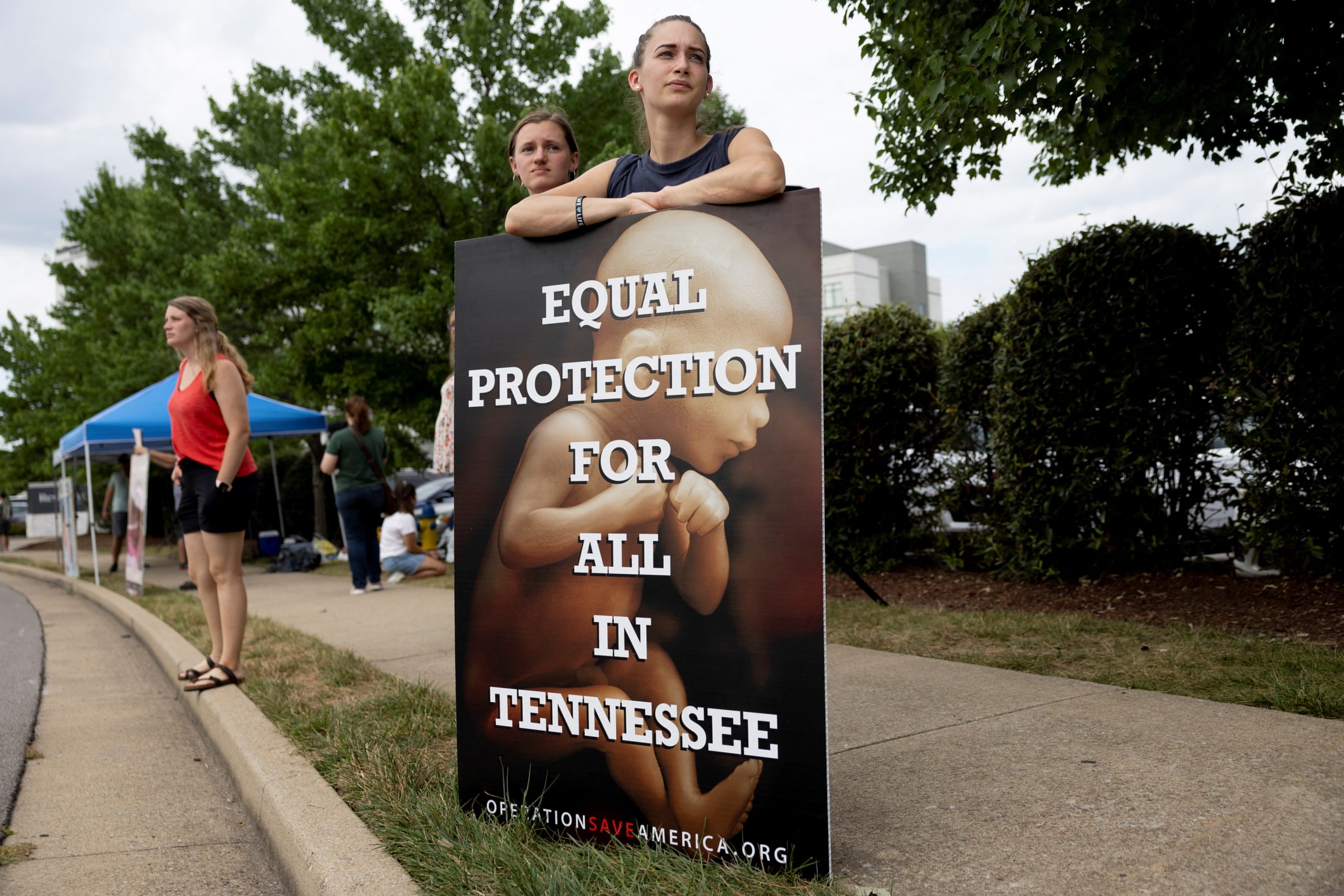
Lauren Moye, FISM News
[elfsight_social_share_buttons id=”1″]
After legal challenges failed to block the legislation, restrictive abortion laws in four states went into effect this week. A state judge temporarily blocked a similar law in a fifth state.
Abortion bans in Tennessee, Texas, and Idaho all went into effect on Thursday while Oklahoma will begin bans today.
North Dakota was also meant to start a ban today. However, a state judge issued a late injunction on Thursday that prevented it.
The White House called the laws “radical steps” against “women’s reproductive rights,” a common euphemism used by pro-abortionists for elective abortion.
“These near-total abortion bans are part of a growing effort by Republican legislators to roll back the freedoms Americans have relied on for nearly half a century,” said the statement released by White House Press Secretary Karine Jean-Pierre.
None of the laws in question criminalize mothers seeking an abortion, although they would place felony charges on medical providers who perform an illegal abortion. In addition, they all contain exceptions to allow for abortion if a mother’s life is at risk.
However, only North Dakota’s law contains the additional exception of allowing abortion for a documented rape or incest case.
The Texas law is only the latest in a series of pro-life legislation in Texas, which made national headlines for its unique Heartbeat Act which prevented abortions after six weeks of pregnancy and allowed citizens to open lawsuits against doctors who broke the law.
When the Supreme Court overruled Roe v. Wade, Texas’s nearly-century-old ban against abortion came back into effect.
However, the new trigger law will add harsher penalties by making illegal abortions a felony and by allowing the Texas Attorney General to enforce the policy.
“The new ‘trigger law’ provides another avenue of stopping abortions by giving the attorney general the ability to sue abortionists. Thus, even if local police or district attorneys refuse to investigate or prosecute illegal abortions on criminal charges, the abortionist could still face a $100,000 civil lawsuit from the state,” Steven Ertelt of Life News said.
The Biden administration attempted to block the Texas trigger law along with an Idaho trigger on the grounds that the laws could prevent women from having an abortion performed on them during an emergency situation, which they claim would violate the federal Emergency Medical Treatment and Labor Act.
A federal judge in Texas ruled against the Biden administration on Tuesday.
In Idaho’s case, a federal judge said Wednesday the law could not prevent abortion in an emergency. Therefore, the near-total abortion ban went into effect yesterday with the included exception of the mother’s life.
Tennessee, Texas, North Dakota, Idaho, and Oklahoma are some of over a dozen states who had “trigger laws” illegalizing abortion in the event that Roe v. Wade was overturned. Many of these states were quickly embroiled in legal challenges to prevent the laws.
